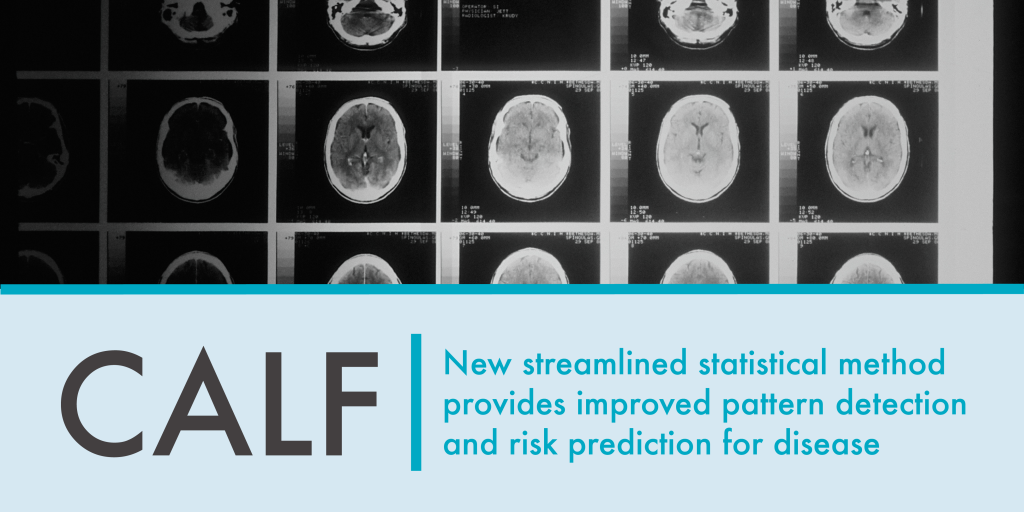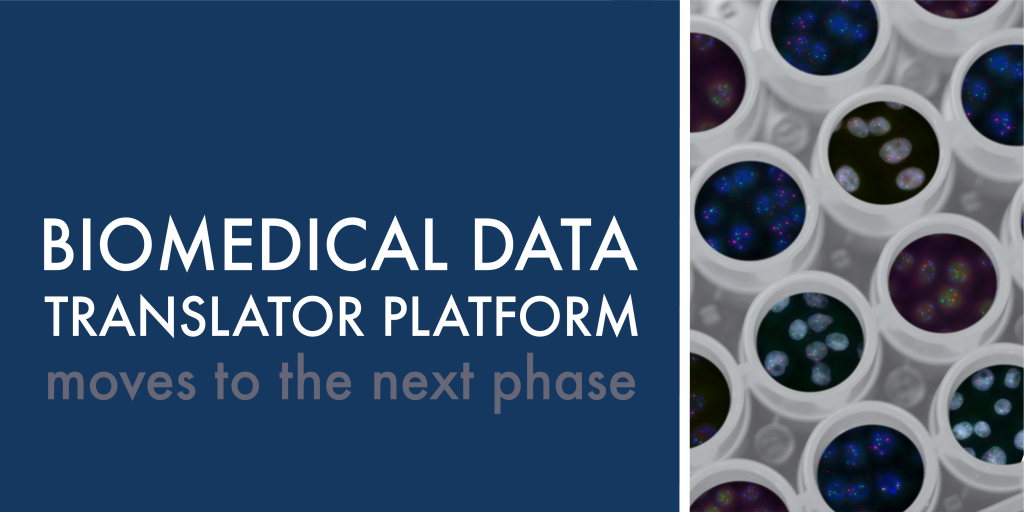
RENCI scientists together with collaborators from UNC and other institutions have developed and defined a concept called Clinical Outcome Pathways (COPs) that could help scientists harness the vast amounts of clinical and biomedical data available today to accelerate drug discovery and drug repurposing.
“Improving drug discovery requires understanding all the biological processes involved in how drugs work,” said the paper’s first author Daniel Korn from the UNC-Chapel Hill Department of Computer Science. “COPs help broaden the concept of a drug’s mechanism of action so that knowledge graph mining can be used to discover the complete chain of events that enables a specific therapeutic effect for a drug.”
Knowledge graphs express data as a collection of nodes—such as drugs and diseases—with edges that represent the relationships—such as drug A treats disease B—between the nodes. By bringing together heterogeneous information into a single system, knowledge graphs can reveal relationships between previously unconnected information that wouldn’t be obvious otherwise.
“The real power of the COPs concept is that once we understand all the biological pathways connecting drugs and diseases, that information can be used to develop new therapeutic agents—or repurpose existing ones—that modulate the same biological pathway,” explained the paper’s senior author Alexander Tropsha from the UNC Eshelman School of Pharmacy.
As described in a Drug Discovery Today paper, the researchers define COPs as a chain of key events—molecular initiating event, intermediate event(s), and the clinical outcome—that are responsible for the therapeutic actions of a drug. Each element of the chain corresponds to a term defined in commonly used biomedical ontologies, which allows computational methods to be used to elucidate COPs and provides a way for them to be cataloged for future use.
Read more…








